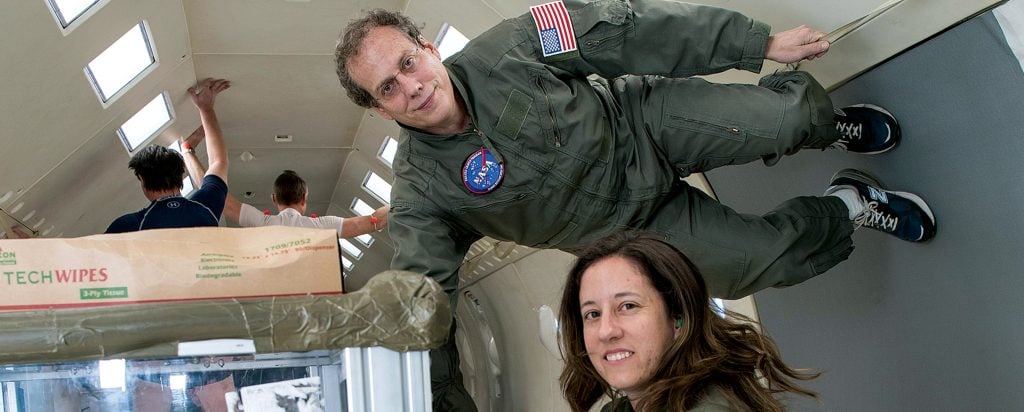
Andrew Feinberg ’73, MD ’76, MPH ’81, the director of the Center for Epigenetics at Johns Hopkins, recently finished his first semester teaching at the Whiting School and he says “it’s been a fantastic adventure.”
Feinberg—professor of medicine, biomedical engineering, and mental health—co-taught a course at Homewood called Physical Epigenetics, aimed at first-year graduate students and upper-level undergraduates. He and his co-teacher, Taekjip Ha, professor of biophysics and biomedical engineering, are both Bloomberg Distinguished Professors, chosen for their innovative research that crosses traditional academic boundaries.
“I’ve never taught undergrads before,” says Feinberg, who will teach the course again this spring. “It’s been incredible fun. I can’t tell you enough about how wonderful these students are. They’re curious, eager, hard-working, and interesting.”
The course was designed to expose students to the latest developments in the field of epigenetics, the study of cellular mechanisms for controlling gene expression without altering the underlying genetic information. “It’s the first course of its kind on Earth, and it’s meant to take a physical science approach to understanding the nature of epigenetic information,” he says.
Recently, Feinberg has studied how chromatin—the matrix of DNA, RNA, and proteins that preserves and protects the genetic information—produces entropy, or mathematical uncertainty, when it comes to switching on or off genes critical for survival of cancer cells. This roll of the dice, he says, allows for “rapid adaptation to a changing environment.”
In a recent paper in Nature Genetics, Feinberg and other Johns Hopkins researchers found thousands of epigenetic changes in the chromatin of pancreatic cancer cells that appear to help them adapt to different tissues as they spread through the body. The findings could point to new treatments for the disease.
Feinberg says teaching, as well as collaborating with computer scientists, mathematicians, and engineers, has transformed the way he thinks and works. “I’m very heavily enmeshed in the physical sciences aspect of this field, and it’s really changed the way I do everything.”




